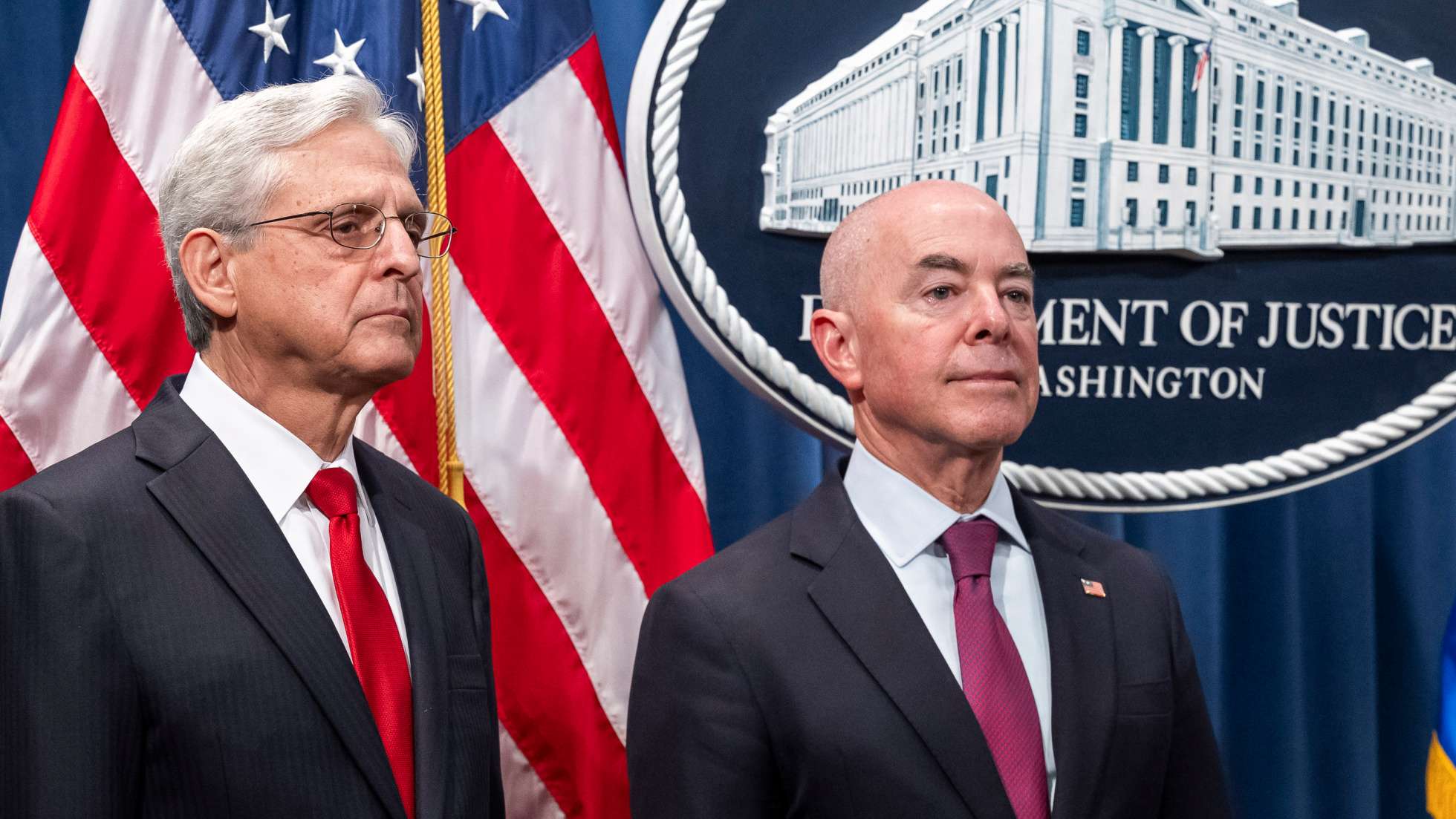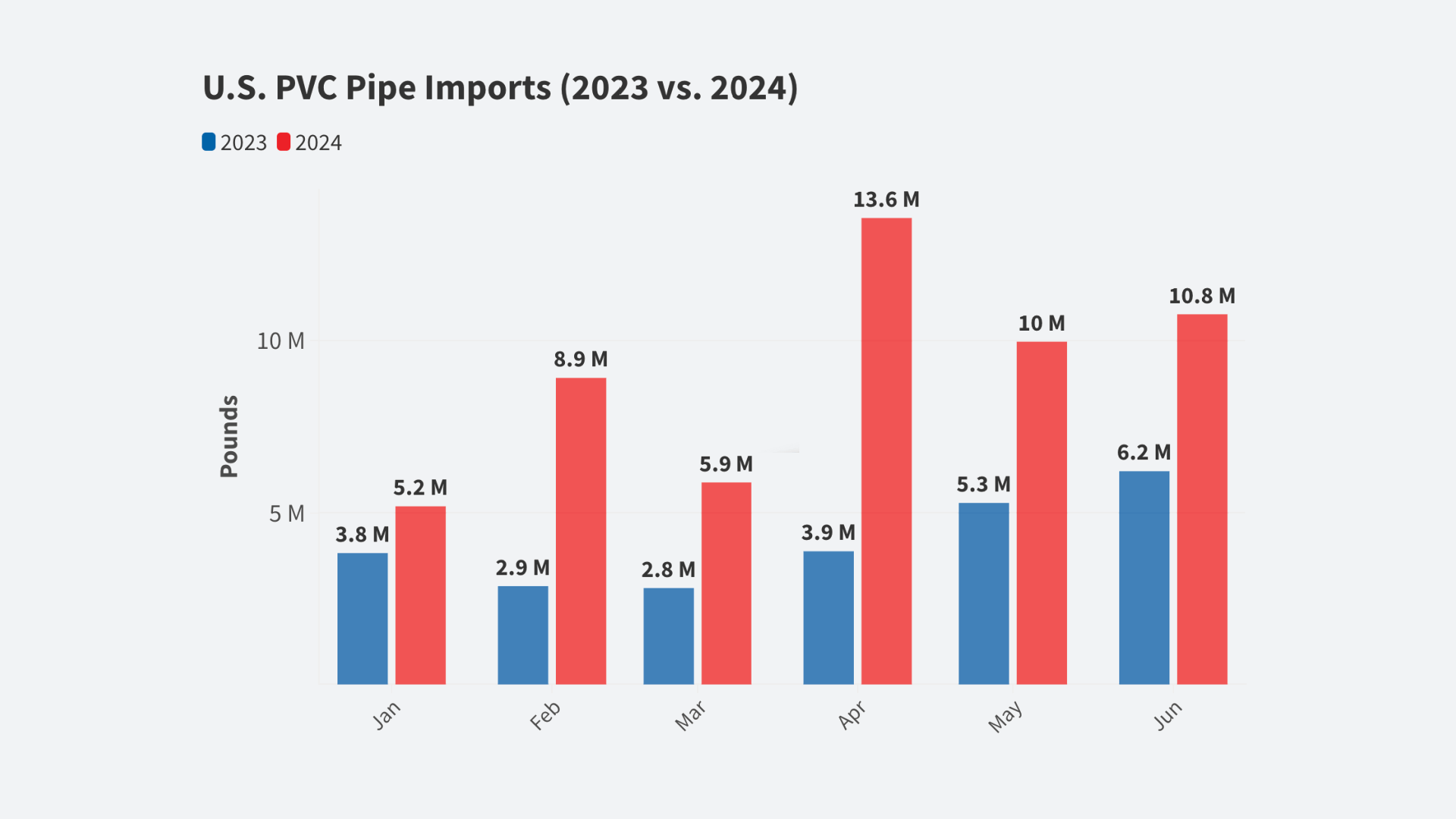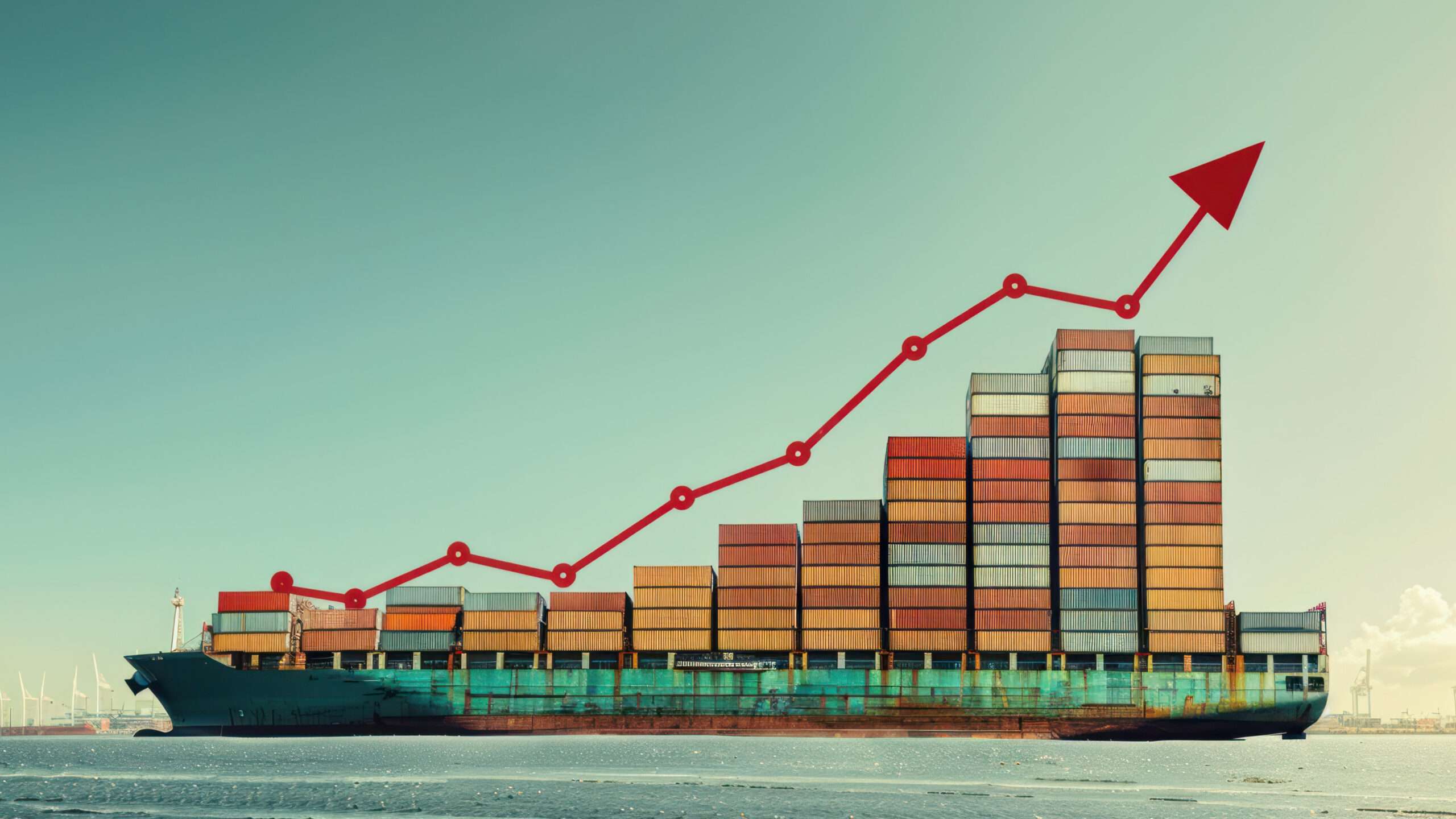by Michael Stumo
The US chamber is starting, as of this writing, a series of online columns to support the TPP. The first one is a misleading, theology-based, fact free, recycled ode which should be called: “Trade is good, tra-la-la”.
Before I start, let’s just stipulate that companies and individuals trade. They trade domestically and internationally. They make good deals and bad deals. They traded before the free trade agreement era. They trade today with companies in countries that have international trade deals with the US and those that don’t.
But let’s also stipulate that nations have interests. Those interests include strategically benefiting their own companies and populations to become richer than other countries. The oft-quoted Econ 101 talks about trade in cartoonish terms, but one DC staffer told me he did not learn of national strategies to game the system until Econ 451.
John Murphy, the US Chambers Senior VP for International Policy, is the listed author making the case that “world trade can play an important role in restoring US economic growth.” While not saying as much, he implies that there is someone on the other side of this statement that wants no trade. That person is probably a – dare I say – protectionist. I am aware of nobody who wants zero trade, its a matter of exporting more than you import, or the opposite.
He continues: “outside our borders are markets that represent 80% of the world’s purchasing power, 92% of its economic growth, and 95% of its consumers.”
– Yes, maybe, but that general range of numbers is true of virtually any country in the world. He fails to note that we have the biggest, richest domestic market in the world that we have given up in exchange for insufficient real exports abroad. A net loss of market share.
Then: “The U.S. Department of Commerce estimates that exports of manufactured goods directly support approximately 6 million U.S. factory jobs—roughly half of all manufacturing employment. Manufacturing jobs tied to trade pay wages that are typically 18% higher than those that aren’t, and it’s similar for jobs in services.”
– What is a trade-supported job? The Commerce Department estimates these numbers in its trade deal cheerleading, but what is a trade supported job? Is it the same as an import-risk job? Probably. Is it all the employees including janitors of a company that sends 1% of its product to Canada? Is it the barbers and accountants and car dealers that sell to those employees?
– Oh, and do they ever look at import displaced jobs? Um… no. What are the wages of those now out of work folks? Crickets.
And then, agriculture, which the US Chamber cares nothing about: “The same is true for America’s farmers and ranchers. One in three acres on America’s farms is planted for exports. For many crops, such as wheat or almonds, more than half is sold abroad. U.S. agriculture is so productive there’s no way Americans could consume this bounty alone.”
– Ah all this bounty! Whatever are we to do with it? Well, before the trade deals we – get this – exported it. So did other breadbasket countries that produced more than they could consume. The trouble is that our trade agreement deals facilitated more imports from those countries to the US than exports from the US. And the US International Trade Commission said that TPP will make our net trade worse for corn, wheat, rice and seafood.
Next, he says: “Despite trade’s substantial benefits, there is more than a grain of truth in the observation that the international playing field is at times skewed against American workers. The U.S. market is largely open to imports from around the world, with some notable exceptions (e.g., apparel, footwear products, sugar, and domestic shipping face substantial tariffs and other restrictions). However, it is much more common for other countries to levy high tariffs on U.S. exports.”
– Yes, that was from our Cato-induced unilateral trade disarmament era. We must reduce our tariffs to (a) rebuild Europe by letting them sell more here after World War II and (b) to lead the way to tariff-free nirvana because everyone always follows our lead. The US Chamber and its import/transnational lobby often supports unilateral tariff reduction, to the detriment of the rest of us.
The next baloney argument is often persuasive, which is why they use it: “One major reason American exporters are often at a disadvantage in key foreign markets is that so many other countries have negotiated preferential trade agreements that exclude the United States.”
– Yikes! We have to move fast and negotiate any deal we can and concede what we have to in order to get it! The funny thing is that they don’t claim that our free trade deals improve our trade performance. Indeed, they usually make our trade performance worse. That’s because the other countries use currency, tax, state subsidies, localization requirements, and many other tactics to win the trade game. Understand this folks: Tariffs are such a small part of the game that there is no correlation between tariff reduction these days and improved trade performance for the US.
The the pro-import lobby clause reveals its head at the end: “At the same time, the benefits of imports are incontrovertible. Imports mean lower prices for American families”,
– That is what Cato and others want, is to facilitate imports, even if other countries subsidize them. The more imports the better because “cheap stuff”. The problem is that our wages are depressed more than any consumer price benefit in many cases. Also the consumer often does not see the price reduction, as in the case of beef these days, because the importers and retailers simply pad their margins. You must assume perfect competition at every level of the supply chain for consumers to receive the full price benefit, and perfect competition never exists in that way.
Lastly, Mr. Murphy concludes with a principle that could make sense: “This is the principal rationale for trade agreements—and for the TPP. It will generate economic growth through the mutual elimination of trade barriers and do so in a way that is fundamentally fair.”
– Mutual elimination of trade barriers would be good. But the TPP does not eliminate modern barriers like currency, tax, state subsidies, etc. Like generals fighting the last war, tariffs are not the game. But the US Chamber opposed fixing the modern barriers. Their importers, financial companies and transnational funders wanted the TPP’ and its global governance badly. They really are not credible in the TPP fight.













